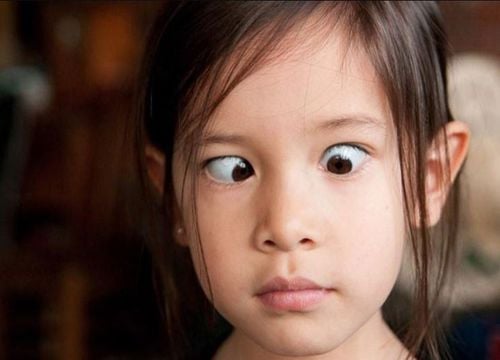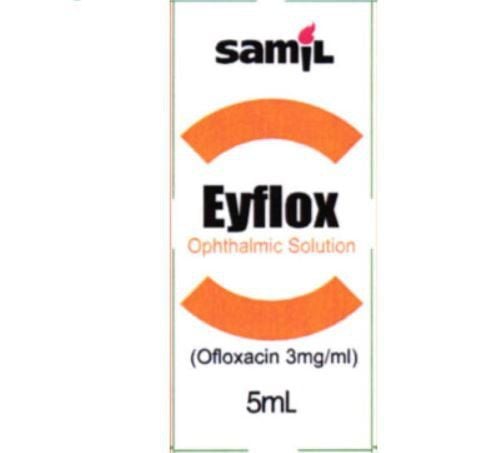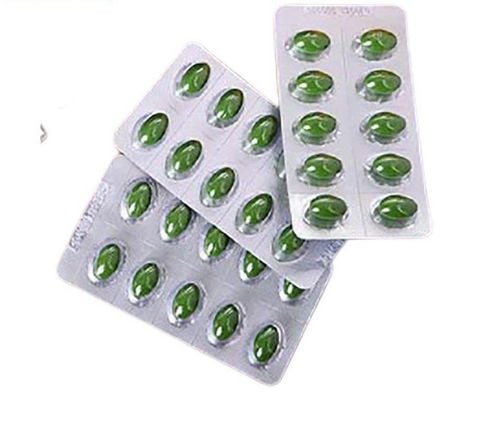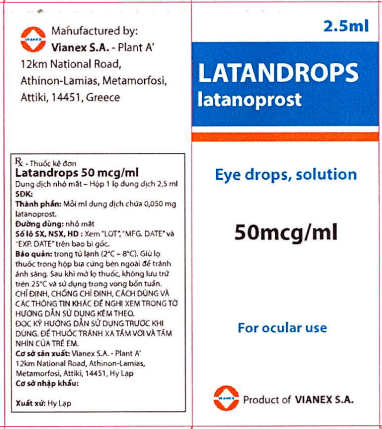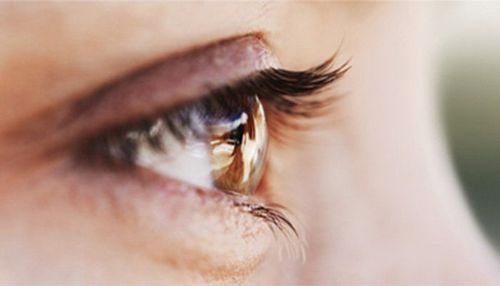The article was professionally consulted by an eye doctor - Department of Examination & Internal Medicine - Vinmec Hai Phong International General Hospital
Wearing glasses for people with myopia is a practical and cost-effective solution that helps improve vision. People with myopia tend to see objects clearly up close, but have difficulty seeing objects at a distance. So, should people with myopia wear glasses often or only when they need to see things at a distance?
1. What are myopia glasses?
Myopia occurs when the eyeball's axial length is too long, affecting the converging ability of the cornea and lens. This causes light rays entering the eye to converge at a point in front of the retina, instead of converging correctly on the retina. Myopia glasses are diverging lenses that help adjust light refraction to focus images on the retina for people with myopia.
2. At what degree of myopia should I start wearing glasses?
Many people with myopia often wonder if it's okay not to wear glasses for myopia, or if only those with severe myopia need to wear glasses. However, wearing glasses for myopia is necessary, even if the degree of myopia is small (≤ 0.75 diopters), as it can affect daily activities and work.
A myopia of 0.25 diopters is the lowest degree of myopia, and it usually does not significantly affect daily life, studying, or work. If you have a myopia of only 0.25 diopters, you can go about your daily activities without wearing glasses. A myopia of 0.50 diopters may cause slightly blurred vision, but many people can still see well at this level without glasses. A myopia of 0.75 diopters is the level at which individuals should begin wearing glasses to avoid affecting daily tasks. A myopia of 1.00 diopter will make it difficult for the person to see at a distance. People with a myopia of 1 diopter or more are required to wear glasses for tasks that require distance vision, such as driving or being a police officer. A myopia of 1.50 diopters means glasses are necessary to avoid affecting daily activities. A myopia of 2.00 diopters or more requires wearing glasses for both studying and working.

3. Myopia: Should I wear glasses regularly?
It is clear that the need to wear glasses differs from person to person. If a person with myopia is middle-aged or someone who frequently does jobs that do not require long-distance vision, such as office work, they do not need to wear glasses all day.
Specifically, if you have a myopia of 1-2 diopters, you should only wear glasses when looking at distant objects and should not wear glasses all day. Wearing glasses constantly can reduce your eyes' ability to focus on close objects, and over time, your eyes may become completely dependent on the glasses. For those who work a lot, it is important to give the eyes time to relax and rest during work: every 30 minutes, the eyes should rest for 1-2 minutes.
Should people with severe myopia wear glasses regularly? According to experts, those with a myopia of 2 diopters or more should wear glasses regularly to help their eyes see more clearly.
Is it harmful not to wear glasses if you have myopia? In cases of severe myopia over 3 diopters, not wearing glasses will cause the eyes to continuously adjust in an attempt to see more clearly. Over time, this can lead to an increase in myopia, and more dangerously, it can result in retinal degeneration.
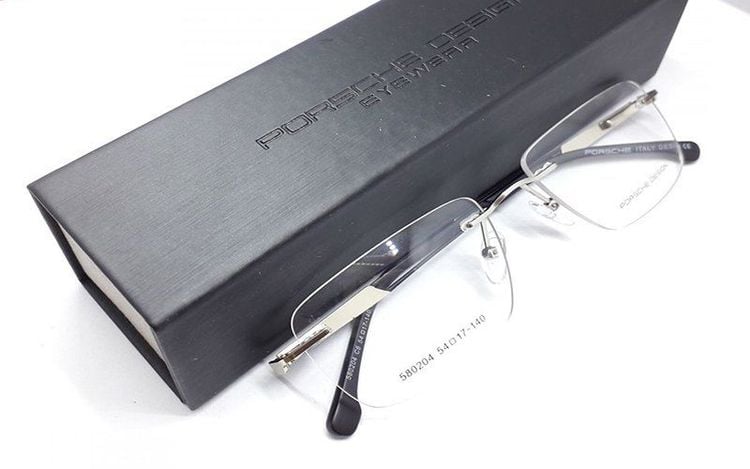
4. What are the harmful effects of wearing glasses incorrectly?
In many cases, people experience symptoms such as headaches, blurred vision, double vision (seeing two images), and distorted vision when wearing glasses. This phenomenon can occur if the person with myopia is wearing glasses with the wrong prescription or using low-quality lenses.
Wearing glasses with the wrong prescription can cause discomfort and not only fail to support the myopia correction, but also pose a risk of amblyopia, which is very dangerous. Wearing glasses with a higher prescription than needed can lead to headaches and dizziness because the eyes have to adjust more than usual. Wearing glasses that are not properly aligned with the eyes can cause eye pain and, over time, may lead to double vision. Additionally, glasses that are too tight will press on the temples, causing discomfort and inconvenience. The frames and the position of the glasses on both sides of the nose bridge need to be properly adjusted to avoid creating indentations on the sides of the nose, which can affect aesthetics.

5. Proper eye care for myopia
5.1. Regular eye check-ups
Every 3 to 6 months, people with myopia should visit specialized eye clinics for regular eye check-ups and vision testing. This helps individuals with myopia adjust their glasses to match their prescription and receive guidance on proper eye care methods, supporting effective myopia treatment. Regular eye check-ups help avoid wearing glasses incorrectly – one of the leading causes of rapid eye deterioration, amblyopia or strabismus.
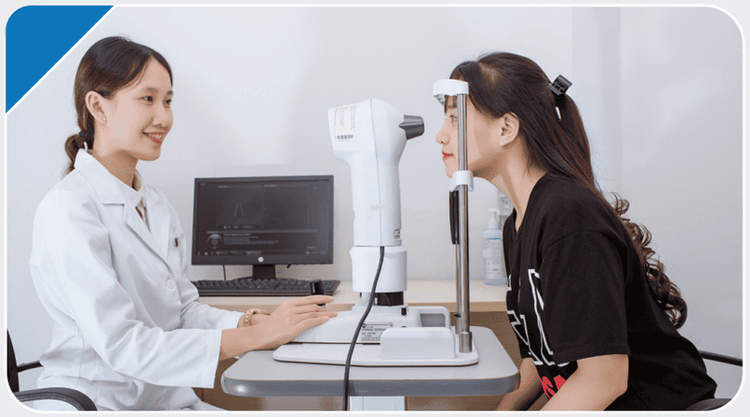
5.2. Choose a reputable eye clinic
Myopia is becoming increasingly common, so there are more and more eye clinics and optical shops. However, not all of these establishments have expert teams and standard equipment. Therefore, patients need to choose reputable clinics for eye care. It is advisable to visit an ophthalmologist.
5.3. Choose suitable glasses
Good glasses must ensure the correct prescription, protect the eyes from harmful environmental factors such as UV rays, dust, fingerprints, and blue light.
According to ophthalmologists at Vinmec International Hospital, people with myopia should wear glasses regularly. If they don't wear glasses and have to adjust their vision frequently, the degree of myopia will increase quickly and become more severe. In addition to adhering to the prescribed wearing time, individuals with myopia should also follow a proper eye care routine to improve their vision. Do not worry about the aesthetics or inconvenience, as this can make myopia worse and make treatment much more difficult.
The ophthalmology departments at Vinmec International Hospital are internationally accredited medical facilities that specialize in the diagnosis and treatment of eye diseases, offering comprehensive quality in both expertise and medical services.
The ophthalmologists at Vinmec specialize in providing comprehensive eye and vision care for children, adults, and the elderly, including refractive error tests, laser treatments, and surgeries. Additionally, the department collaborates with other clinical departments in treating complications of eye diseases and eye injuries caused by accidents. The ophthalmology team here consists of highly experienced doctors who have performed many types of surgeries, from routine procedures to complex ones, especially those requiring aesthetic techniques. With passion and love for the profession, the medical team at Vinmec always strives to deliver the best services with the highest quality to their patients.
Currently, to improve service quality, Vinmec has also launched the Refractive Error Screening Package and the Ortho-K Package for various groups of people. Please schedule an appointment on the website to receive service.
Please dial HOTLINE for more information or register for an appointment HERE. Download MyVinmec app to make appointments faster and to manage your bookings easily.




